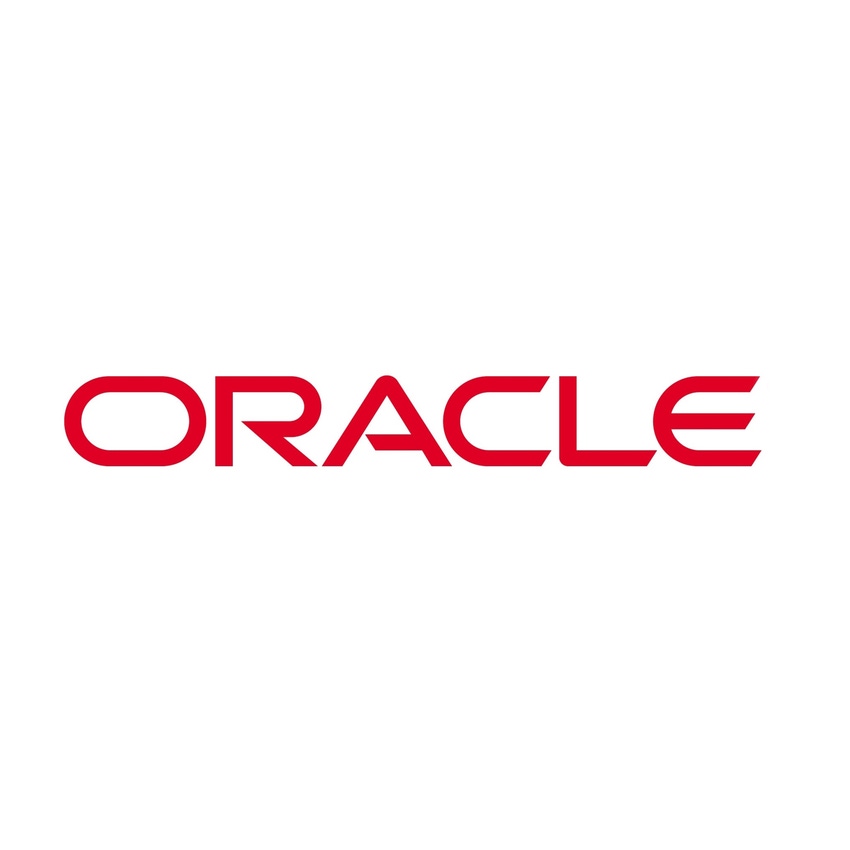Unifying Oracle Database Management Across Clouds
With the release today of Oracle Enterprise Manager 12c Release 5, Oracle is making it possible for IT organizations to use the same framework to manage Oracle databases on premise and running in a cloud platform managed by Oracle. Dan Koloski, senior director of product management for Oracle, said the most unique hybrid cloud computing attribute of Oracle Enterprise Manager 12c Release 5 is that it will only support instances of Oracle databases running in the Oracle cloud. IT organizations that opt to deploy Oracle databases in another cloud will have to find some other way to manage those databases, said Koloski.

One of the most transformative things about cloud computing has been the rise of database-as-a-service (DBaaS) transforming how data is managed across the enterprise. Traditionally, databases running on premise where created by database administrators (DBAs) that took responsibility for their ongoing care and maintenance. But when databases are moved into the cloud the provider of the service provides those functions, leaving little for the DBA to actually do.
Among the most aggressive promoters of this concept has been somewhat surprisingly been Oracle (ORCL). Although most instances of its database run on premise, Oracle has created cloud services around both its namesake relational database and an implementation of a NoSQL database. Now Oracle is moving to unify the management of Oracle databases inside and out of the cloud.
With the release today of Oracle Enterprise Manager 12c Release 5, Oracle is making it possible for IT organizations to use the same framework to manage Oracle databases on premise and running in a cloud platform managed by Oracle. Dan Koloski, senior director of product management for Oracle, said the most unique hybrid cloud computing attribute of Oracle Enterprise Manager 12c Release 5 is that it will only support instances of Oracle databases running in the Oracle cloud. IT organizations that opt to deploy Oracle databases in another cloud will have to find some other way to manage those databases, said Koloski.
The primary use case for Oracle Enterprise Manager 12 Release 5, said Koloski, will be to enable IT organizations to apply a consistent set of data governance and compliance controls across a hybrid cloud computing environment. In addition, those IT organizations will be able to more easily replicate application artifacts between different instances of Oracle databases.
Koloski said that it’s becoming apparent that IT organizations are becoming concerned about instances of databases running in the cloud that they have limited control over. As such, Oracle is now moving to restore that control in a way that will naturally incline organizations to want to make use of its cloud.
Obviously, Oracle is also trying to make use of its control of the database management layer to make sure that customers are a lot more inclined to use its cloud versus another. The degree to which that strategy will actually works remains to be seen. But given the amount of commitment there already is to Oracle databases running on premise chances are pretty high that many organizations would rather go along with the Oracle ride in the cloud than take the time and expense needed to rewrite applications for another DBaaS service that would also require them to master a separate set of governance tools.
Naturally, there not much difference between what Oracle is trying to do than any other incumbent leveraging its influence to make sure they win their next campaign. And just like in any other campaign, many a databases challenger is about to experience firsthand just how hard it is to unseat a well-entrenched incumbent.
About the Author(s)
You May Also Like


